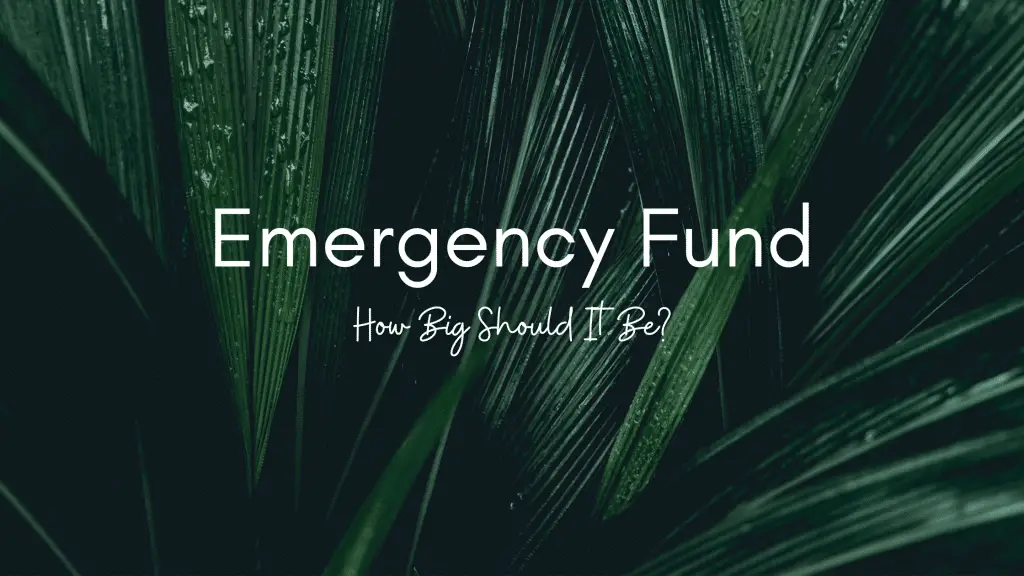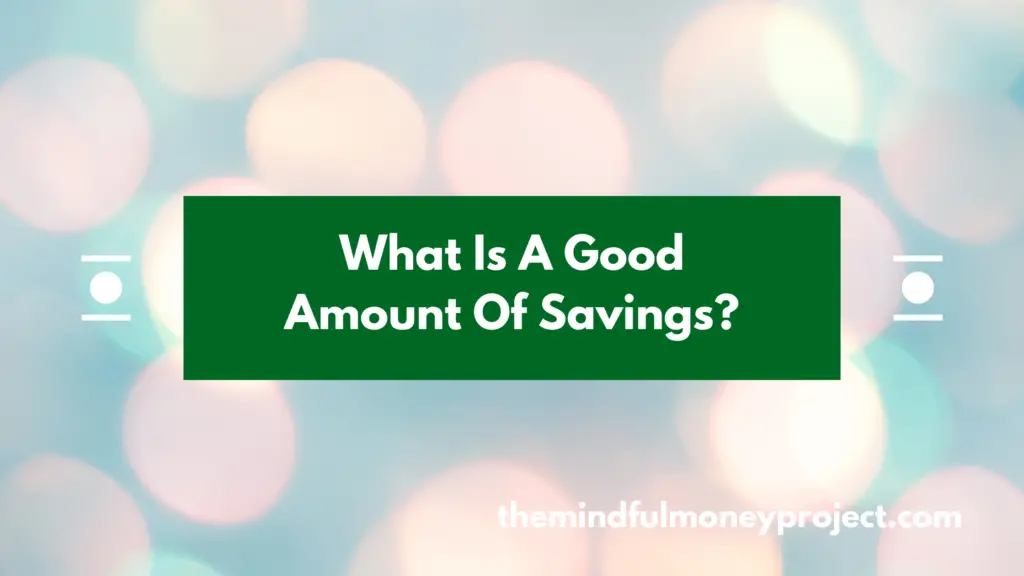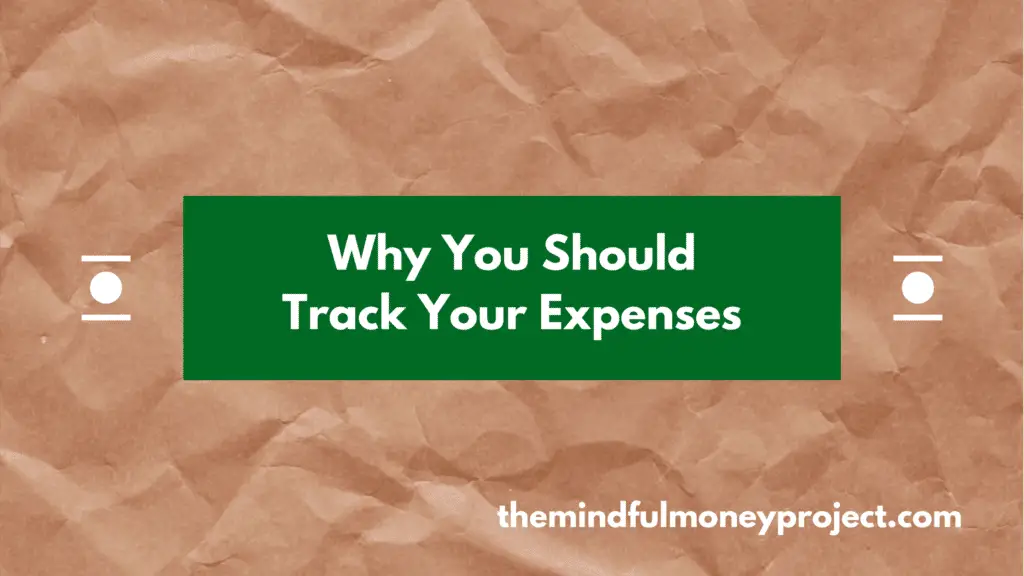Ahh the emergency fund – the safety net of all safety nets. Everyone tends to overlook this fund’s importance in improving your financial situation, but even when you’re a believer in an emergency fund, you probably still ask yourself; “how big should my emergency fund be?”. This article should help break it down!
But first, what is an emergency fund?
You’re probably no stranger to the concept, but it is good to make sure we’re all on the same page.
An emergency fund is a stash of cash in an easily accessible savings account which you can use to absorb any unexpected expenses that were not in your budget (think unexpected healthcare costs, car repairs or house repairs) or will help buy you time in the event of a loss of income.
The key is having your emergency fund in an easily accessible account. If you can’t access it, has a time delay and/or prohibitive fees stopping you from withdrawing, then this is not an effective emergency fund as you won’t be able to access it when you need it most.
What is the value in having an emergency fund?
An absolute game changer for your personal finances and cannot be underestimated!
Having an emergency fund gives you the assurance that you have additional time if you lost your job or income.
You are safe in the knowledge that you have 3 to 6 months’ worth of time before you need to replace that income.
This gives you breathing room but also allows you to make sure you are getting the right opportunity and not just knee-jerking your way into a role that you shouldn’t have.
Not only does it buffer against job or income loss, but it also provides an easy way to swat away unexpected bills without incurring the panic and stress that you would have otherwise experienced.
This peace of mind is invaluable and frees you of the money stress you would experience if you didn’t have one.
How much do I need to save in an emergency fund?
This will vary from person to person, but a good rule of thumb I like to use and is generally accepted in the personal finance world is to save up between 3 and 6 months’ worth of expenses.
This provides you with sufficient time in the case of a loss of income as well as plenty to absorb any unexpected expenses.
If you are a more risk averse person or are worried about the stability of your income stream, try to aim for more than 6 months’ worth. Some people go as high as 12 months’ worth, but I think this is overkill. In my opinion at this point the assurance of the extra few months’ cash does not outweigh the opportunity cost of holding that cash in a low interest easy-access savings account when it could be working for you in an investment.
For me, I stick at the lower end of the recommended range with holding 3 months’ worth of expenses in an emergency fund. I have it an easy access savings account completely separate to my main bank to avoid any temptation when it isn’t an emergency. The interest rate is only around 1%, but the main purpose of an emergency fund is to have it easily available, not to become rich off the returns.
However, if you have high-interest consumer debt (any secured debts like mortgages don’t count as these tend to be much lower interest rates), you’ll need a slightly different approach.
Do you have any high-interest consumer debt?
If you do, then this needs to be more of a priority than building a watertight emergency fund.
Build up £1,000 or 1 months’ worth of expenses, whichever is higher.
This will provide enough of a buffer to absorb life’s shocks, but won’t shield you from a major loss of income for that long. However, it will allow you to start hammering your debt quicker, with every debt repayment you can be safe in the knowledge that you are saving bags of cash by not having to pay the high interest on that amount any more.
Over time this will snowball and really give you a load more breathing room.
Once your high-interest consumer debt is paid off, turn back to my original guidance and start building up a bigger emergency fund before putting money into a different financial goal.
See related: 17 tips to pay off debt faster
What account should I put my emergency fund into?
It has to be:
- Easily accessible
- No fees for withdrawals
- No limits on withdrawals – banks give you better rates if they limit your withdrawals to a few times a year. The thing with an emergency fund is that you never know how often you’ll need to use it, so best to play it safe and keep clear of these.
- In cash (no investments such as stocks, bonds, P2P lending etc here!) – it needs to be liquid when you need it and there is nothing more liquid than cash! I don’t mean physical cash, but basically a savings account is what you’re after.
In order to make sure I’m never tempted with dipping into my emergency fund, I use two approaches:
- I set my emergency fund savings account up with a completely separate bank and rarely check it. Out of sight, out of mind.
- I have a small “overflow” savings account I maintain in my normal bank of £250 (the bank that has my account which I receive all of my income too and that I pay all of my expenses out of) – this acts as a little buffer to absorb any monthly overspend of my budget and stops me from dipping into my emergency fund for a non-emergency.
My emergency fund is set up with Marcus, which was the highest interest easy access online saver at the time. This may have changed though when you read this article so be sure to use a price comparison website to find the most competitive rates currently.
What should I do after I’ve had to dip into my emergency fund?
So you’ve had an emergency, and you’ve used some of your funds.
Are you still running a personal profit?
First, take stock. Are you still running at a personal profit i.e your income is more than your expenses and so you have budgeted savings each month? If so, start to replenish your emergency fund as your first priority until it is back at your level based on the guidance above in the article.
Once you are back at your level, start to redirect your monthly savings towards your other financial goals.
Are you now running at a personal loss each month after needing to dip into your emergency fund?
If you are not running at a personal profit, likely because you’ve had a loss of income which has caused you to dip into your emergency fund, this emergency fund will be depleted over time.
A long term personal loss is not sustainable, and once your emergency fund runs out you will need to turn to consumer debt which never ends well and is difficult to get out of.
First priority is to make some pain-free, and then painful cuts in your expenses to get a quick shot in the arm to your personal finances. I’ve written an article around how to save £1000 fast using the COST method, which can help.
If it is a matter of waiting out until you can find a suitable job, this may be as far as you need to go by reducing your expenses in the meantime to make your emergency fund go further and buy you even more time.
However, if it is a more permanent drop in income, you may need to think of more permanent changes in your lifestyle to react.
For example, downsizing your home or swapping out your car for an older, used version (or moving closer to work to cut travelling costs if housing costs remain flat or even lower than you’re currently paying).
See related: 13 easy wins to help you save money fast
Alternatively (and ideally in tandem to the above), you can work to increase your income too. I will be releasing more articles around different routes to making money, but for the time being there are some great ones out there around how to make money online as well as a boon for the UK reader, matched betting.
Would love to hear your views on how big your emergency fund should be for you to feel comfortable – leave a comment in the section below!
What Is A Good Amount Of Savings UK?
Generally in life, more tends to be better. But is that true for savings? Whilst…
“Why Should I Track My Expenses?” – We’ve got 7 reasons why!
Tracking your expenses isn’t all about firing up a spreadsheet and restricting your spending. Having…
How To Cancel Graze Subscription UK
Bored of your Graze boxes or want to try a competitor’s version? We get you….
How To Cancel Hellofresh Subscription UK
Bored of the meal kits or want to try a competitor? We get you. We’ve…
How To Cancel Les Mills On Demand UK
Bored of your subscription or wanting to move to another provider? We get you. We’ve…
How To Cancel Laithwaites Wine Plan UK
Bored of the service or wanting to move to a different wine subscription club? We…









Pingback: Can saving money make you rich? - Personal Profit
Pingback: How to deal with a financial emergency step by step - Personal Profit
Pingback: What should I do with spare cash? - Personal Profit
Pingback: Can you lose money in a savings account? And how to protect against it!
Pingback: Average net worth in the UK - how do you compare? | The Mindful Money Project
Pingback: The 7 biggest finance mistakes young professionals make in their 20s
Pingback: What is the difference between income and wealth?
Pingback: How to deal with an unexpected expense - Personal Profit
Pingback: How to budget when you get paid weekly
Pingback: How to save £1000 in a month using the COST method
Pingback: How To Stick To Your Budget When Nothing Works